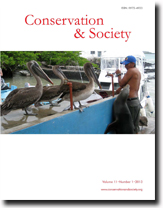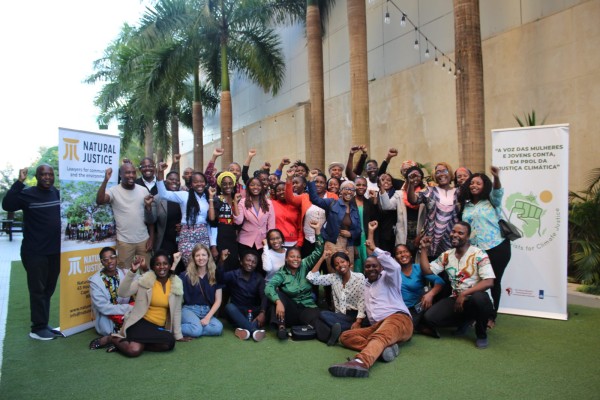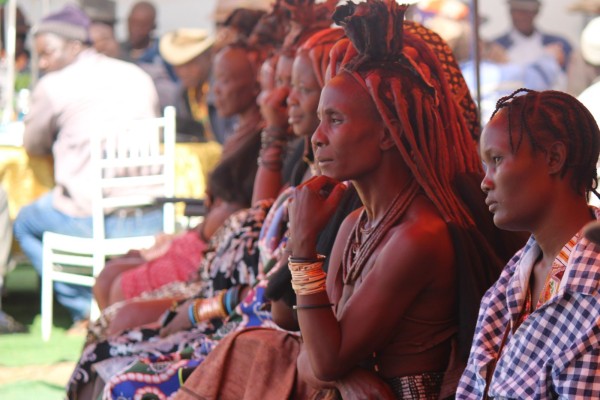The latest issue of Conservation & Society (an open-access interdisciplinary journal exploring linkages between society, environment and development) contains a special section on community-based conservation. The introductory article, entitled “Conservation as if People Also Mattered: Policy and Practice of Community-based Conservation” by Ashish Kothari, Philip Camill, and Jessica Brown, sets the stage with the following abstract:
“Community-based conservation is being increasingly recognised as a major global force in the protection and sustainable management of ecosystems and species. Yet documentation of its main achievements and shortcomings, and the key issues it faces, is still at a nascent stage. This paper introduces the concept and experience of two forms of community-based conservation: Collaborative Management of Protected Areas (CMPA), and Indigenous Peoples’ and Local Community Conserved Territories and Areas (ICCAs). It explores the emergence of these approaches in the context of global international conservation policy. Reviewing four case studies that were presented at a symposium convened at the Bowdoin College (Maine, USA, in November 2008), and drawing from the discussion during that session, it identifies some key lessons and principles that are likely to be applicable to community-based conservation across the world.”
The other articles in the special section include:
- “Bureaucratic Barriers Limit Local Participatory Governance in Protected Areas in Costa Rica” by Xavier Basurto,
- “National Parks and ICCAs in the High Himalayan Region of Nepal: Challenges and Opportunities” by Stan Stevens,
- “New England’s Community Forests: Comparing a Regional Model to ICCAs” by Martha West Lyman, Cecilia Danks, and Maureen McDonough, and
- “Co-management in the Maine Lobster Industry: A Study in Factional Politics” by James M Acheson







